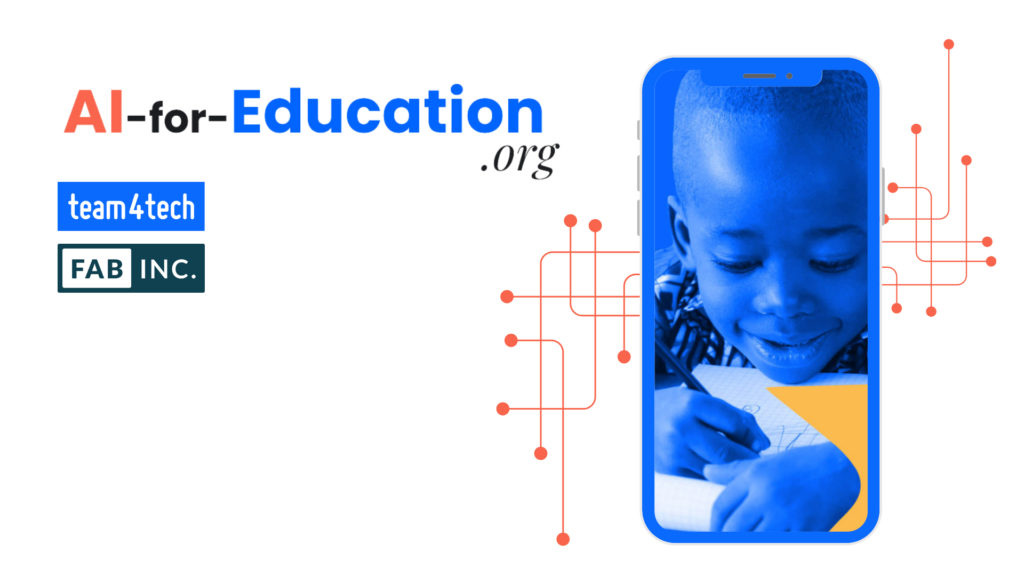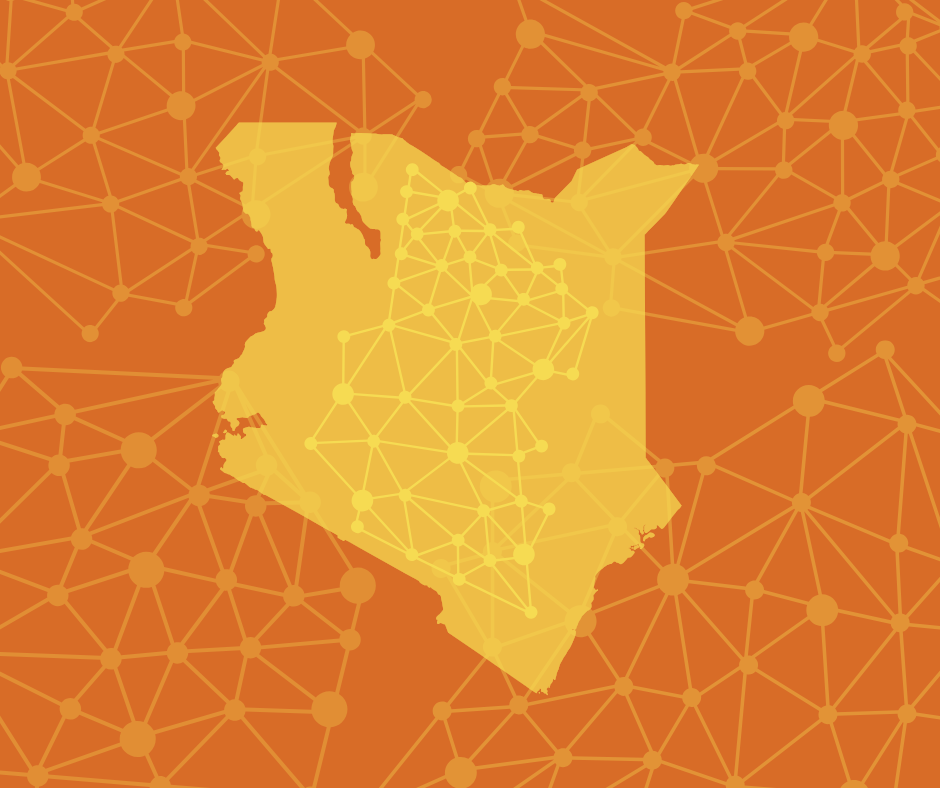Kenya’s just-released National Artificial Intelligence (AI) Strategy (2025–2030) amplifies the potential of AI to transform inclusive and sustainable development throughout the country. This strategy positions Kenya as a regional and global leader in AI research, innovation, and application.
Strategy Overview
The document summarizes and highlights key phases and actions intended to cumulatively advance Kenya’s national integration of AI across sectors including agriculture, healthcare, education, public service, and security. It emphasizes that creating a citizen-centered AI ecosystem must reflect local values, promote inclusivity, and address challenges like bias, job displacement, and data exploitation.
Overall, the Kenya National AI Strategy articulates:
- Metrics for AI infrastructure, specifically addressing issues related to affordability, accessibility, and sustainability
- The need to develop governance frameworks that support ethical and context-specific data utilization
- The demand for research and development efforts that enable local model creation and promote sustainability
Kenya’s AI strategy aims to address the following key concerns of its citizens by ensuring that AI technologies are developed and deployed responsibly and inclusively… Public trust in AI technologies and their developers is lacking, leading to skepticism about the intentions behind AI deployment. There is also a need to ensure that AI development respects human rights and aligns with Kenyan values.”
—Kenya National AI Strategy, 2025–2030

Envisioning an Inclusive and Relevant Future of AI
Kenya’s strategy emphasizes that a citizen-centered AI ecosystem must reflect local values, promote inclusivity, and address challenges like bias, job displacement, and data exploitation. It also outlines support areas to help AI grow in the right way. These support areas include:
- developing clear and flexible rules guiding AI use
- ensuring schools and training programs include AI skills
- encouraging both government and private investment in AI
- centering ethics and inclusion so that AI is developed and used fairly
The strategy is also premised on a foundation of several cross-cutting enablers. Governance focuses on harnessing and deepening the legal and regulatory framework to guide AI deployment, ensuring ethical use, data privacy, and public accountability… Talent development emphasizes promoting AI literacy across all demographics, integrating AI into educational curricula, and developing a skilled workforce capable of advancing AI research and innovation… Finally, the strategy aims to foster a culture of equitable, ethical, and inclusive AI development and deployment.”
—Kenya National AI Strategy, 2025–2030

Implementing AI Strategy Through Digital Innovation Hubs
Making this strategy work will largely depend on how well it is implemented. Kenya plans to move forward in phases, beginning with clear policies and building the necessary infrastructure. As outlined in the strategy document, the Kenyan government intends to test ideas through pilot projects, support the creation of research hubs, and set up systems to track progress and measure results.
The strategy also looks ahead and acknowledges real risks such as job loss, misinformation, cybersecurity threats, unequal access to technology, and gender inequality.
The strategy names opportunities to grow the economy, improve government services, reduce reliance on foreign technology, and create new jobs by helping young people build AI skills.
Developing AI-specific curricula and training programmes will equip the workforce to thrive in a digital economy, address the existing skills gaps, and prepare Kenya for future technological advancements.”
—Kenya National AI Strategy, 2025–2030
To support the goals of the national AI strategy, Kenya has launched the Digital Platforms Kenya (DigiKen) initiative. This initiative is a key implementation effort focused on inclusive digital transformation—and it is already making early progress. In late 2024, 15 Digital Innovation Hubs from across the country were selected to serve as community-based centers for training in digital skills, media literacy, and the use of sustainable AI technologies.
These hubs support underserved groups, especially women and youth, while also helping local entrepreneurs and small businesses adopt digital tools. DigiKen’s long-term targets include:
- creating 4,500 direct jobs and 20,000 indirect jobs by 2027
- reaching over two million digital platform users
- raining thousands of government officials in digital governance
While the full impact is still being measured, the program has already launched key training programs and is laying the groundwork to meet its national goals.

Supporting Education-Focused NGOs in Embracing AI Tools
As Kenya continues to build momentum around its national AI strategy, it’s clear that inclusive participation will be key to ensuring the benefits of AI reach every corner of society. For education-focused NGOs, this is an ideal moment to engage, learn, and contribute to the responsible adoption of AI.
The Team4Tech Community of Practice offers practical, low-bandwidth AI literacy resources, training opportunities, and peer support specifically designed for organizations working in under-resourced contexts.
These resources are bolstered by our partnership with the AI-for-Education.org initiative, that is ensuring equitable access to AI’s potential to improve learning, particularly in low- and middle-income countries by providing resources, fostering collaboration, and supporting the development of AI-driven educational tools.
We invite all education NGOs in Kenya to join the conversation and explore additional tools by signing up for this free community at community.team4tech.org.
